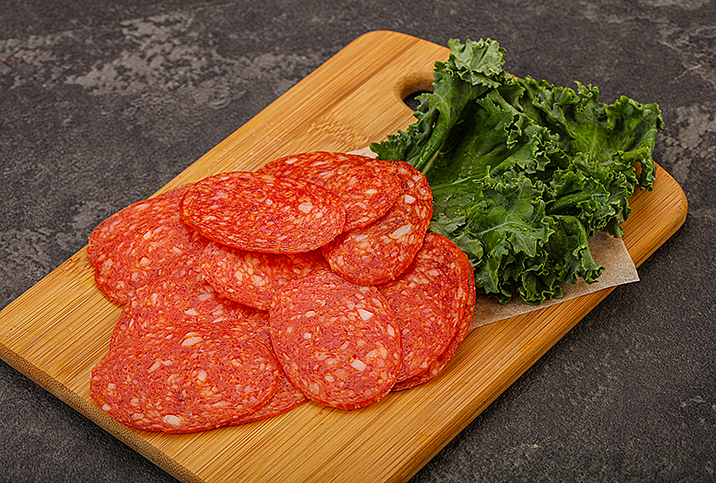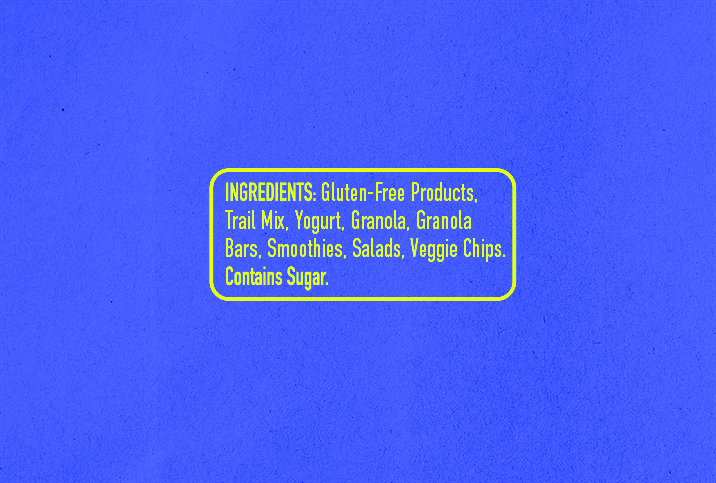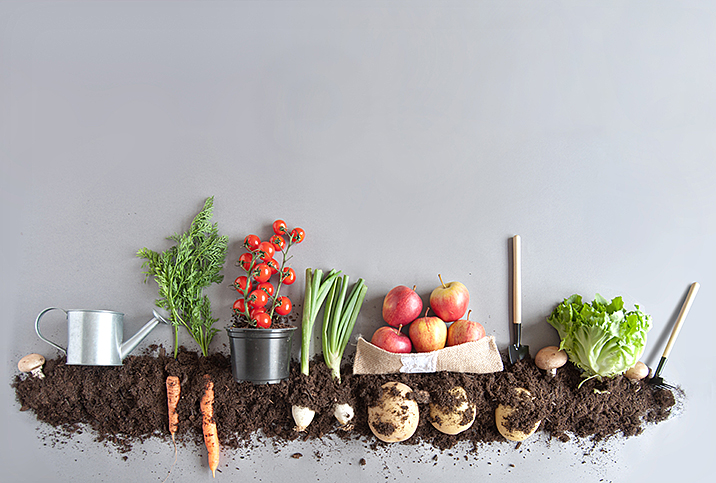Add These 'Unhealthy' Foods Back to Your Diet

Fad diets might be to blame for Americans making limited and sometimes misguided decisions about the foods they consider unhealthy.
Humans are often creatures of habit, turning to salads or keto-friendly options in order to stay fit and nourished, but should we? Studies indicate the keto diet could prove unhealthy for some; instead, another recent study suggested the famed Mediterranean diet holds the "gold standard."
All in all, it seems that Americans may be depriving themselves of the basics. However, foods that may have once seemed like a poor choice are slowly making their way back into kitchens and pantries.
Here are four foods that seem to go in and out of style, but ones you may find surprisingly beneficial to your regular diet.
Yogurt
You may be familiar with a yogurt aisle stacked with high-sugar options, containing plenty of artificial flavors and sometimes even candy toppings. Not so much a health food. On the other hand, Greek yogurt provides a healthy punch of protein and can be used as a great substitute in cooking and sauces or dressings.
"It is all about which yogurt you choose and why," said Heather Rose Blakeman, a sports nutritionist. "Yogurts with added flavors, dyes and sugars are going to be your worst enemy. Plain Greek yogurt, especially with low milk fat, packs as many as 18 grams of protein while only packing in 5 grams of sugar."
Blakeman suggests that as long as your protein intake from yogurt is higher than the carb intake, it's an excellent source of calcium and protein. Additionally, one serving of Greek yogurt delivers a punch of probiotics and live cultures to help maintain a healthy gut and digestion.
"Yogurt can also be used as an ingredient substitute for foods like cheesecakes, pies, puddings, parfaits, ranch dip, dressings and so much more," Blakeman added.
Root vegetables
Famed "Biggest Loser" trainer Bob Harper once declared, "Get rid of those white potatoes." But, really, was this a wise recommendation?
"Vegetables—such as potatoes, sweet potatoes and other root vegetables—are not bad," Blakeman said. "Sweet potatoes specifically carry twice as much potassium as a banana. Potatoes are also fat- and cholesterol-free. While the potato family brings carbs, they provide the body and brain a healthy dosage of glucose to function in the brain and carbs to rebuild muscle glycogen stores.
"When it comes to potatoes, you want to prepare them, cook them and consume them in healthier ways," Blakeman continued. "If you maintain a healthy weight, there is no reason to eliminate white potatoes from your diet completely."
Milk—with vitamin D
According to the Cleveland Clinic Mercy Hospital, 42 percent of Americans have a vitamin D deficiency. That's a lot.
"Most milk sold at retail in the U.S. contains vitamin D," said Gregory Miller, FACN, Ph.D. "Because few foods naturally contain vitamin D, it can be added in specified amounts to foods like milk, yogurt and many kinds of cheese to help people meet dietary recommendations."
Studies have indicated that older women who consumed high amounts of dairy products had a higher risk of ovarian cancer, and that vitamin D milk contains more saturated fat. However, this is not a reason to eliminate vitamin D milk from a healthy diet, especially if you live in a climate that gets less sunlight or if you know you're vitamin D deficient.
Pepperoni
Don't get too excited. Pepperoni can be a healthy snack option if consumed in small quantities alone or on top of a raw vegetable salad, but not, for example, on a cheesy pizza.
Pepperoni is a type of sausage that contains a healthy level of protein, vitamins and minerals. It is important to note, however, that not all pepperoni is created equal. Those looking to have pepperoni as a healthy snack should look for uncured pepperoni with zero nitrates and antibiotics.
Snackers may even want to consider purchasing turkey pepperoni, which contains less fat and fewer calories per serving.
Knowing what's good for you
You should generally take advice from anyone other than your doctor with a grain of salt (though maybe not literally). Because many people experience food allergies and other food-related issues, it's essential to talk to your doctor if you feel like you may need to eliminate or reintroduce a specific food back into your diet. Together with your doctor, you can determine if you have food sensitivities, or if the foods you're eating may be causing weight gain or other health-related issues.
Remember, a healthy diet is not a one-size-fits-all kind of thing. What works for someone else may not work for you. Always talk to your doctor or a nutritionist before making hasty decisions.


















